I’m not too keen on the word “foodie”. To me, it sounds a bit dilettante – a person who knows the buzz words and trendy places, but without a real understanding of why it is good or what makes it popular. I much prefer the French word, gourmet – a connoisseur, a person with a discerning palate.
We usually think of chefs as having a “refined palate.” This is true, but a well-trained palate is learned – it’s not something you’re necessarily born with.
Why bother educating your palate? A couple of reasons.
First, it heightens your enjoyment of food when you are able to taste and appreciate all of the elements of flavor. It’s not unlike admiring a piece of art – a connoisseur of art will appreciate the fine brush strokes, the play of light and innuendo of the message, while a less trained person might say “it’s pretty”.
Second, it changes your relationship with food. You begin to prefer quality over quantity (fresh, delicious, not highly-processed food is more satisfying), and you will lose your taste for processed foods and inferior ingredients.
Chefs do spend years refining their palates to taste the subtle nuances of a pinch of this and soupcon of that, but It isn’t difficult to learn to be an educated taster, and it’s not exactly torture along the way since you’re eating while you’re learning.
Start simply, by consciously identifying the five main tastes. In the south where I grew up, there are really only 2 main tastes, sweet, and chicken fried. But there are actually five – sweet, sour, bitter, salty, and umami.
(Sound of record scratch) What the heck is umami? Okay – geek alert – it’s the Japanese word for “yummy” that technically refers to glutamate, an amino acid, with a pleasant, savory flavor. It’s a flavor unto itself, not exactly sweet, sour, salty or bitter, and is used to describe such things as mushrooms, meats and some cheeses.
Most foods are a combination of the basic “tastes”, for example a lemon tart is both sweet and sour; cheeses can be both salty and umami. The best dishes are in fact a combination and balance of complex flavors. But without training your palate, you could gobble it all up and miss out on the big pay-off.
The first thing to do is slow down and savor your food (bonus, you’ll eat less when you slow down). Once you’ve begun to identify the basic tastes, start identifying the individual flavors. Start to pick up different fresh herbs – dill, cilantro, parsley, rosemary, thyme, and spices – cinnamon, nutmeg, cumin, and that “what is it?” flavor that is often cardamom. Taste each of these things in their raw form so you become familiar with them. Start really noticing the smells of different ingredients, since 80% of tasting is smelling.
Now it’s time to get a little adventurous. Start trying new and exotic things. Try to set aside preconceived notions about what you do or don’t like, and just taste. Start adding one new veggie you’ve never tried to your weekly shopping list. Add lamb chops and fresh fish or shellfish to your list of usual proteins. Explore new restaurants and new cooking techniques.
Having started to refine your palate, you may want to become more adventurous as a cook.
My friends and family will tell you I’m a really good cook. And it’s true, I am. They will also tell you I love to cook. That’s not entirely true. I just love feeding my friends and family. At least that was the case – until now.
Shortly following our extraordinary and epic evening at The French Laundry, which I chronicled earlier, dear husband saw an ad saying that Thomas Keller, chef and owner of The French Laundry and multiple other renowned restaurants, was going to be delivering a MasterClass.
What I really wanted to learn was technique. If you know a recipe, you can cook a meal. But if you know technique, you can cook anything.
I signed up and I’m completely hooked on MasterClass. Not only are there top chefs such as Thomas Keller and Gordon Ramsey teaching cooking techniques that will dazzle your family and send your friends into a food coma, you can learn from the top professionals in virtually any field (film, photography, writing, acting, and on and on). Full disclosure, if you click my link to sign up, I will earn a little commission which will not cost you anything extra and will help keep me in truffles.
Doing these online classes has elevated everything I cook, from simple basic scrambled eggs to complex tarts and stews. The upside has been that food at home is amazing. The downside, a restaurant has to be really good to make it worth it to go out. But husband and I are perfectly content with an amazing home-cooked meal and a good bottle of Cabernet.
Happy tasting!



Kelley,
I love reading your articles.
xoxo
Bobbi
Thanks for reading!
Thanks so much for reading Bobbi!!
Once again: informative, charming—and always wisdom
& wit.
I love following you????
Soooooo……tasty! Lovely piece!
Great writing Kelley! I’m really enjoying your blogs.
Thanks so much for reading!!